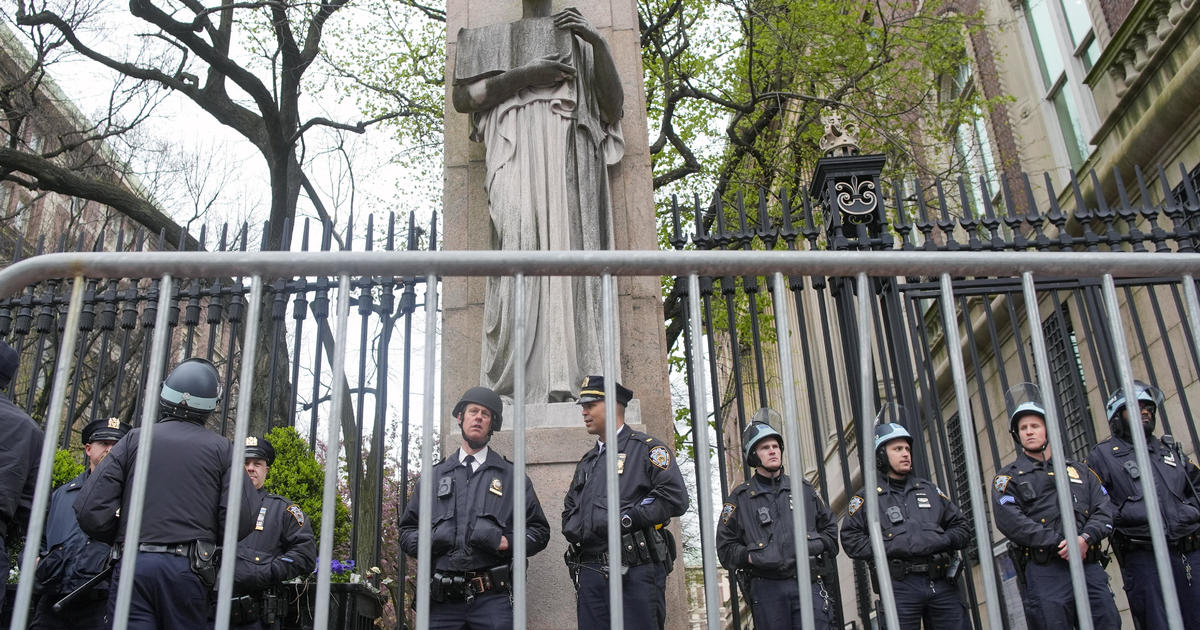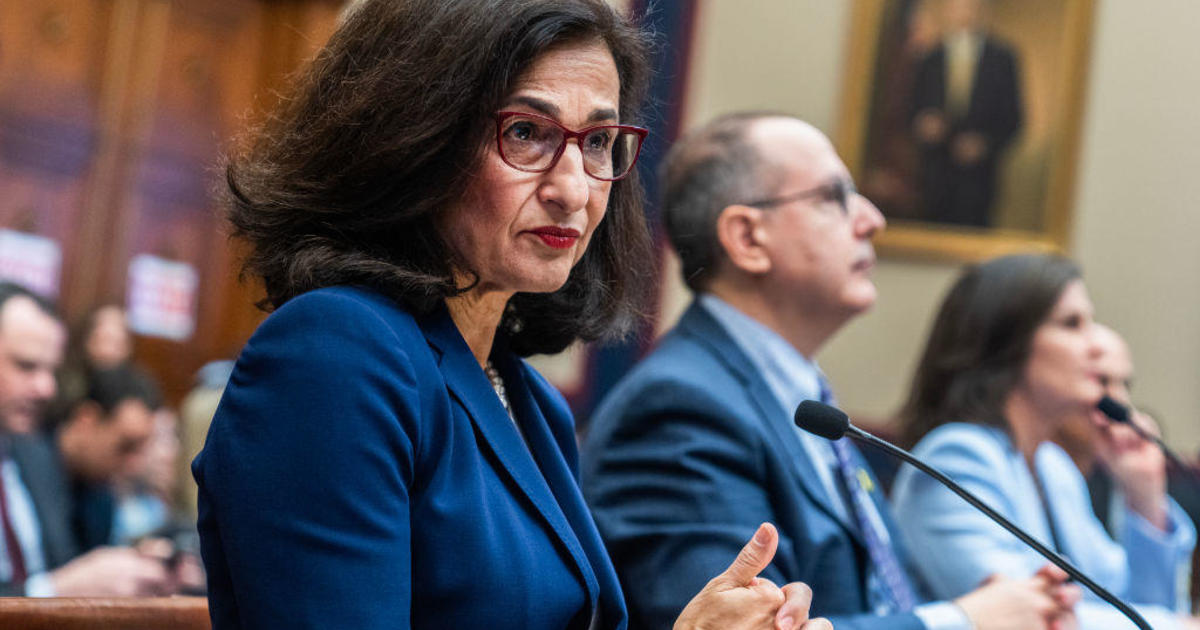Mayor Koch Remained Staunchly Private On Matters Of Sexual Orientation
NEW YORK (CBSNewYork) -- Late Mayor Ed Koch was a strong supporter and champion of gay rights, but when it came to the issue of his own sexual orientation, he steadfastly maintained a commitment to privacy.
Koch, who died Friday at the age of 88, addressed his commitment to gay rights as mayor in a 2007 column for New York Press.
"Yes, we have come a long way since I signed an executive order in January of 1978 in my first 30 days as mayor prohibiting government discrimination on the basis of sexual orientation in employment and housing," Koch wrote in the column. "We went even further in 1986 when the city council prohibited private sector discrimination against gays, lesbians, bisexuals and transgendered in employment and housing."
Koch also expressed support for gay marriage in New York state in the column, four years before a marriage equality law was actually passed. He also urged the openly lesbian City Council Speaker Christine Quinn to march in the Gay Pride Parade, and vowed to march alongside her.
But while Koch, a lifelong bachelor, said he was heterosexual in 1989 – prompting a banner headline on the cover of Newsday – he later declared repeatedly, and in strong language, that the issue was nobody's business.
"There were lots of people who believed I was gay and voted for me. Lots of people who didn't believe I was gay, and voted for me, and most people didn't care," Koch said in an outtake from the VH1 documentary "NY77." "And my attitude was "f**k 'em."
Earlier in his 1992 autobiography, he wrote, "Whether I am straight or gay or bisexual is nobody's business but mine."
During Koch's terms as mayor, many gay rights activists criticized him for what they said was a lack of action against the AIDS epidemic. They claimed that the reason was that Koch himself was gay and wanted to keep it a secret.
Among Koch's harshest critics on the AIDS issue was Larry Kramer, a playwright and founder of the gay rights group ACT-UP. In 1985, Kramer penned a play, "The Normal Heart," that focused largely on a group of gay men's failure to get Mayor Koch's attention and the city's help in the wake of the AIDS crisis.
David France, the filmmaker who created "How to Survive a Plague," also called Koch's response to the AIDS crisis a "failure" in a Friday New York Magazine column in the wake of the former mayor's death.
While "no mayor could have stopped the virus from its diabolical campaigns in the bloodstream," France wrote that Koch "could have shown leadership. He could have promoted risk reduction and community education."
He wrote that because of actions taken by then-San Francisco Mayor Dianne Feinstein, the AIDS crisis was not nearly as devastating in that city.
But in 1994, Koch himself insisted that New York actually did more for AIDS than San Francisco, calling activists "brainwashed" to believe they were getting shortchanged in New York City, according to a New York Times report.
And some were far more forgiving about Koch's response to the AIDS crisis. In the 2006 John Cameron Mitchell movie "Shortbus," a former New York City mayor character who appears to be based on Koch gives an emotional explanation for his response to the AIDS crisis to a younger man.
"People said I didn't do enough to prevent the AIDS crisis, because I was in the closet. That's not true," the mayor character says in the movie. "I did the best I could. I was scared, and impermeable. Everybody knew so little then. I know even less now."
Please leave your comments below...



